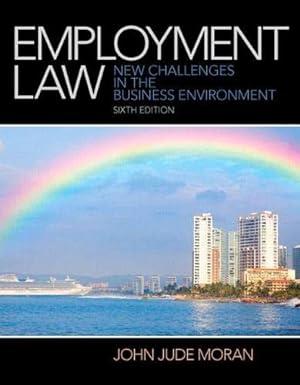Question
TRUE OR FALSE FOR EACH SENTENCE? 1.When one refers to an equitable remedy one is referring to a particular remedy offered bythe court that evolved
TRUE OR FALSE FOR EACH SENTENCE?
1.When one refers to an equitable remedy one is referring to a particular remedy offered bythe court that evolved from the common law justice system.
2.An injunction is an example of an equitable remedy
3.The courts prefer to grant damages, (money), as opposed to granting an equitable remedy,(specific performance), where damages provide adequate remedy.
4.Canada's federal Parliament is comprised of the House of Commons, the Senate and theJudiciary.
5.The judges in Canada's higher courts are appointed and those in the lower courts areelected.
6.the Courts of Chancery originally followed stare decisis and precedent as did thecommon law courts.
7.In our system if a judge feels that the decision made by a judge in a higher court iswrong, he/she is free to disregard it.
8.Stare decisis is the same thing as precedent.
9.We owe a duty to anyone we can reasonably anticipate might be harmed by our conduct.
This tort principle is called remoteness.
10.If a person attempts to help an injured person that person does not have to worry abouttheir "standard of care" with regards to the quality of performance of their assistance.
11.A person can be assaulted even when there is no physical contact.
12.It is possible for wrongful conduct to be both a tort and a crime.
13.Mike threw gasoline on a pile of leaves in his backyard. The flames crossed over ontoMr. Smith's property. Mr. Smith was very angry although no damage was done. Mr.Smith would have an action in Negligence.
14.When a person is injured when he or she attempts to rescue someone they may have a claim against the person who caused the situation that endangered the victim and therescuer.
15.A trespasser is responsible for all the consequences that result from the trespass whetherthose results were foreseeable or not.
16.John told his friends that he believed that Steve was a lousy lawyer. Steve found outabout it and sued John. Steve's action would be in the tort of slander.
17.Don threw a shoe at Paul that missed. Paul saw the shoe coming and avoided it. Paul could sue Don in the tort of battery.
18.In order to constitute the tort of libel, the false statement does not always have to be in written form.
19.When a party builds a fence or building such as a shed upon another person's land, against their consent or knowledge this is called a continuing trespass.
20.The principle of absolute privilege is part of judicial system.
21.If it is my duty to write reports on parolees and I write libelous comment that I know to be true I am still protected by the principle of qualified privilege.
22.Outside of the court room, lawyers and their clients are protected by the principle ofabsolute privilege.
23.Remoteness goes to the issue of determining the issue of "standard of care" in anegligence action.
24.Res ipsa loquitur goes to the issue of determining whether the tortfeasor owed the victim a duty of care.
25.Constant seepage of a liquid for one property to another property would be actionable under the tort of negligence.
Step by Step Solution
There are 3 Steps involved in it
Step: 1

Get Instant Access to Expert-Tailored Solutions
See step-by-step solutions with expert insights and AI powered tools for academic success
Step: 2

Step: 3

Ace Your Homework with AI
Get the answers you need in no time with our AI-driven, step-by-step assistance
Get Started


